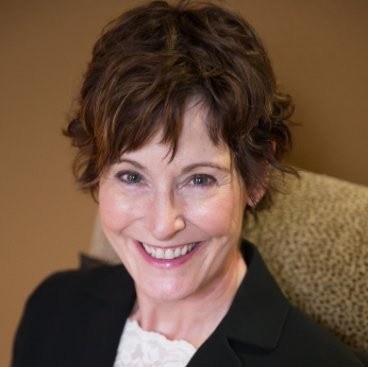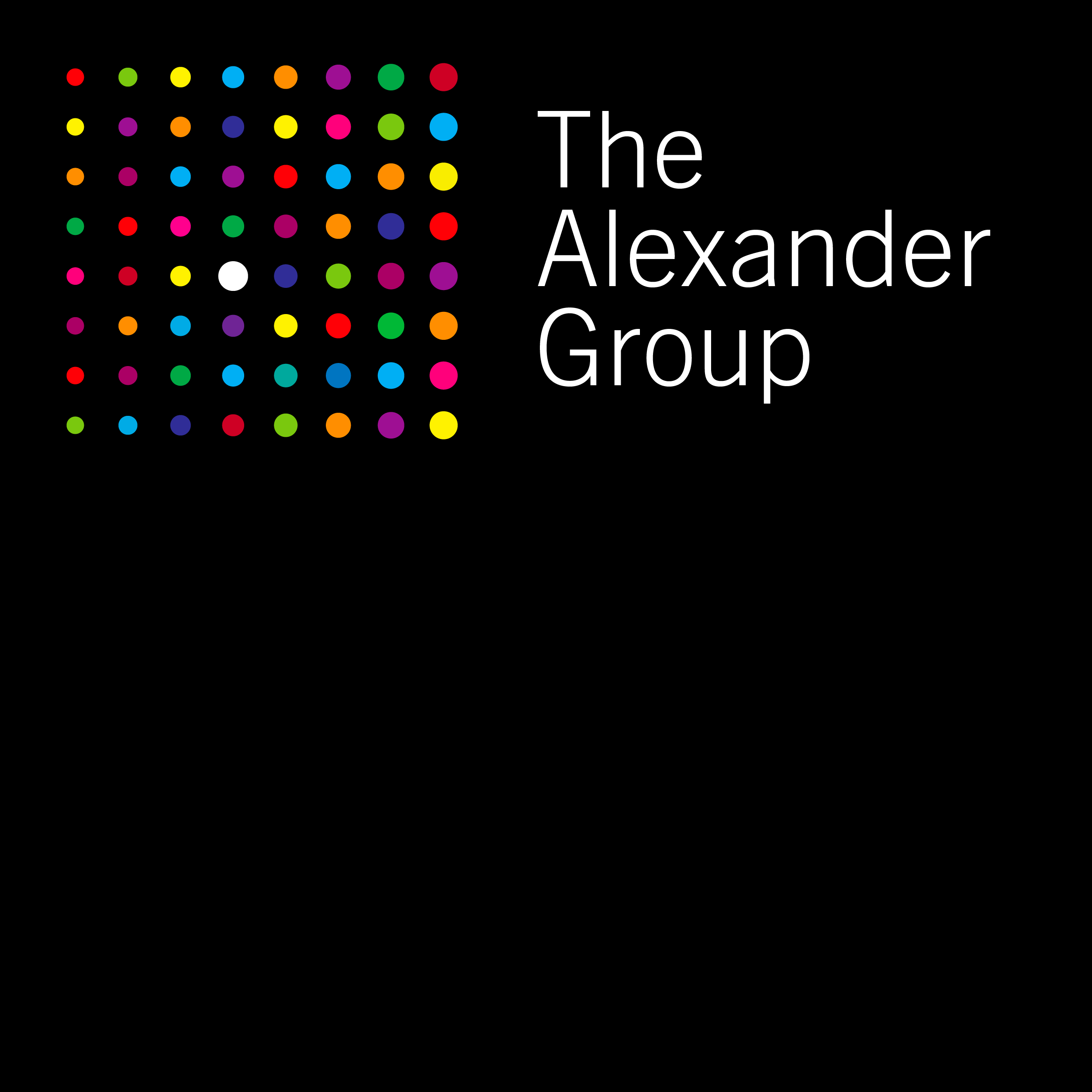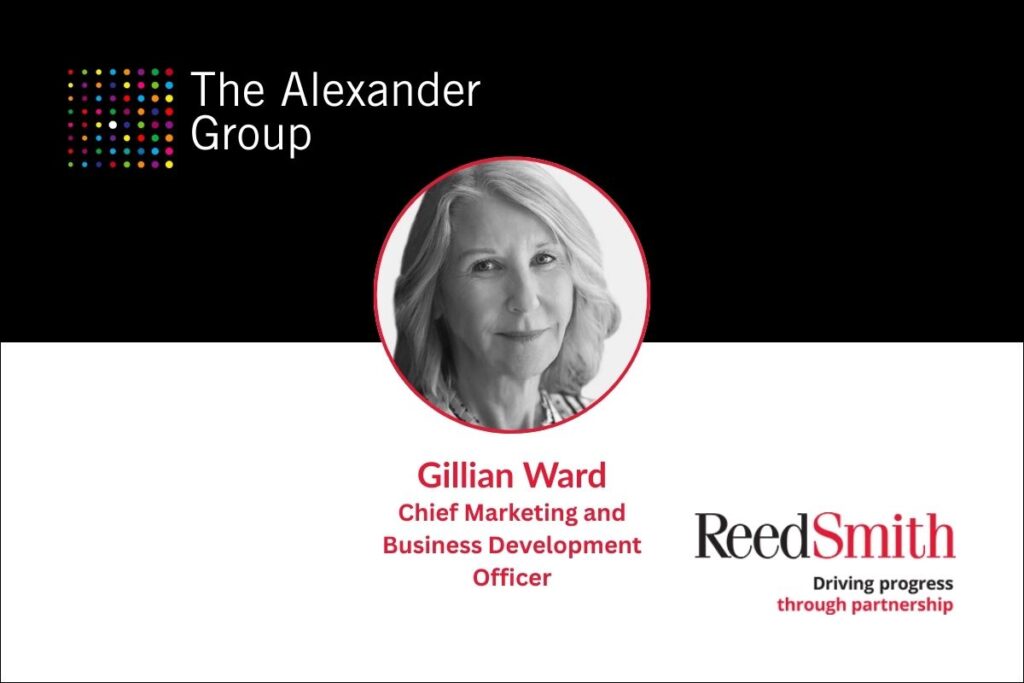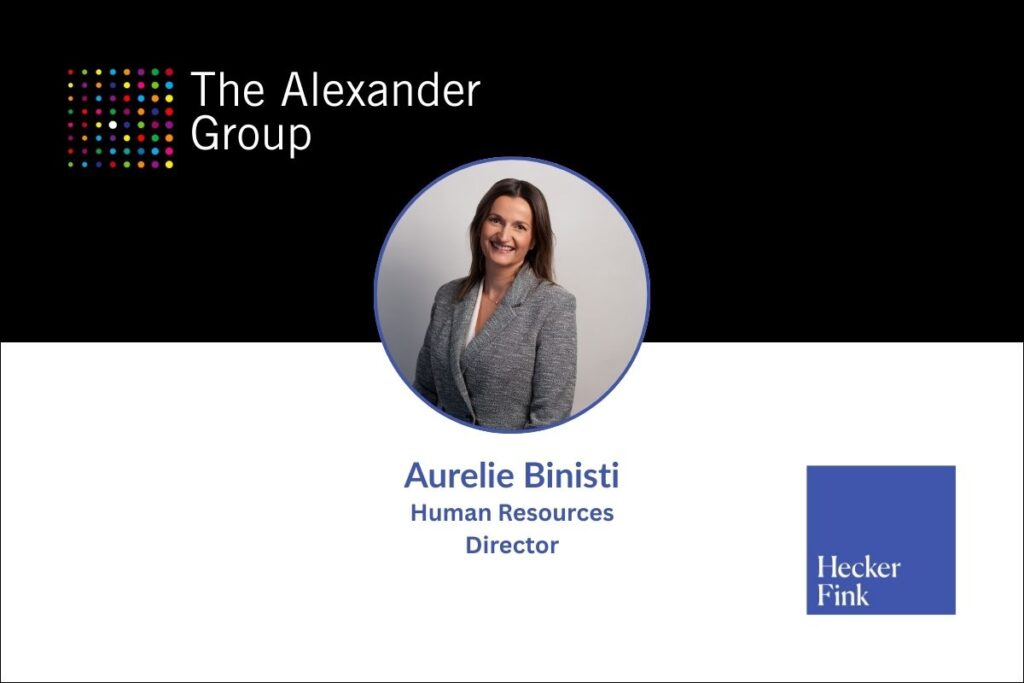
During my 40 years in the search business, I have made offers, negotiated offers, and even rescinded a few. Here are some suggestions for both sides:
1. Be prepared. If you are the company, dig in and understand the components of the candidate’s compensation package, including vacation time. If the candidate receives 50% incentive compensation, offering him a 20% base salary increase will not work if your company has no incentive compensation. Similarly, if you are the candidate, understand how your peers are compensated at the new employer so that you will be able to assess the total package being offered.
2. Use the search firm to a point. It is a good idea for the search firm to float the offer in general terms by the candidate. If the employer has made glaring errors in its assumptions, the search firm should serve as a buffer. Similarly, the search firm can be the reality check if the candidate is totally unrealistic in their expectations (“I want a 50% base salary increase”).
3. Put yourself in the other party’s position. See where they are coming from. If the candidate has been making a healthy base salary and smaller bonus, they might be challenged by having to take a cut in base even if they make a lot more at the end of the year. Similarly, if the company does not pay huge bonuses and never has, you, the candidate, can’t expect them to change their policy just for one person.
At some point, cut the search firm out. Once you get a general idea of the compensation package and have some refinements to make, you lose the search firm. It is time for the company and candidate to get to know each other while addressing a challenge that requires a win-win solution. Look at the negotiation to indicate how you and the prospective executive will solve problems together. Working with your future manager to develop a win-win compensation package will tell you much about each other. Is there flexibility? The willingness to be creative? Rigidity? A give and take? Is there a greediness? Entitlement? An ability to see the longer term?
4. Give positive feedback. When responding to your prospective manager about the offer, start by telling them what you like, followed by the areas that need tweaking: “I am so pleased to receive an offer and believe I can make a huge difference in how the company runs its logistics function. The base salary is very fair. I want to discuss whether we can create a richer incentive bonus based on what I know I can accomplish?” As an employer, start by telling the candidate why they are receiving an offer and how much they look forward to having them as part of the team. Talk about the long-term career path rather than just compensation.
5. Don’t sweat the small stuff if this is the perfect position/manager. If you like the company, position, and manager, don’t let a small amount of money or pride stand in your way. Also, you will look petty if you are negotiating for a few thousand dollars, assuming you will have a career of many years with the company. Similarly, if you are the employer, you want the executive to feel good about joining and don’t want to appear cheap over a few thousand dollars. For both sides, you want to come to the table with a spirit of “let’s get this done quickly and collegially so that we both look back on this negotiation as an easy beginning to a long-term relationship.’ As one client characterized it,” it is a shared risk–the candidate has to trust that we will take care of them long term. I trust that the candidate will make me look suitable for hiring them.







